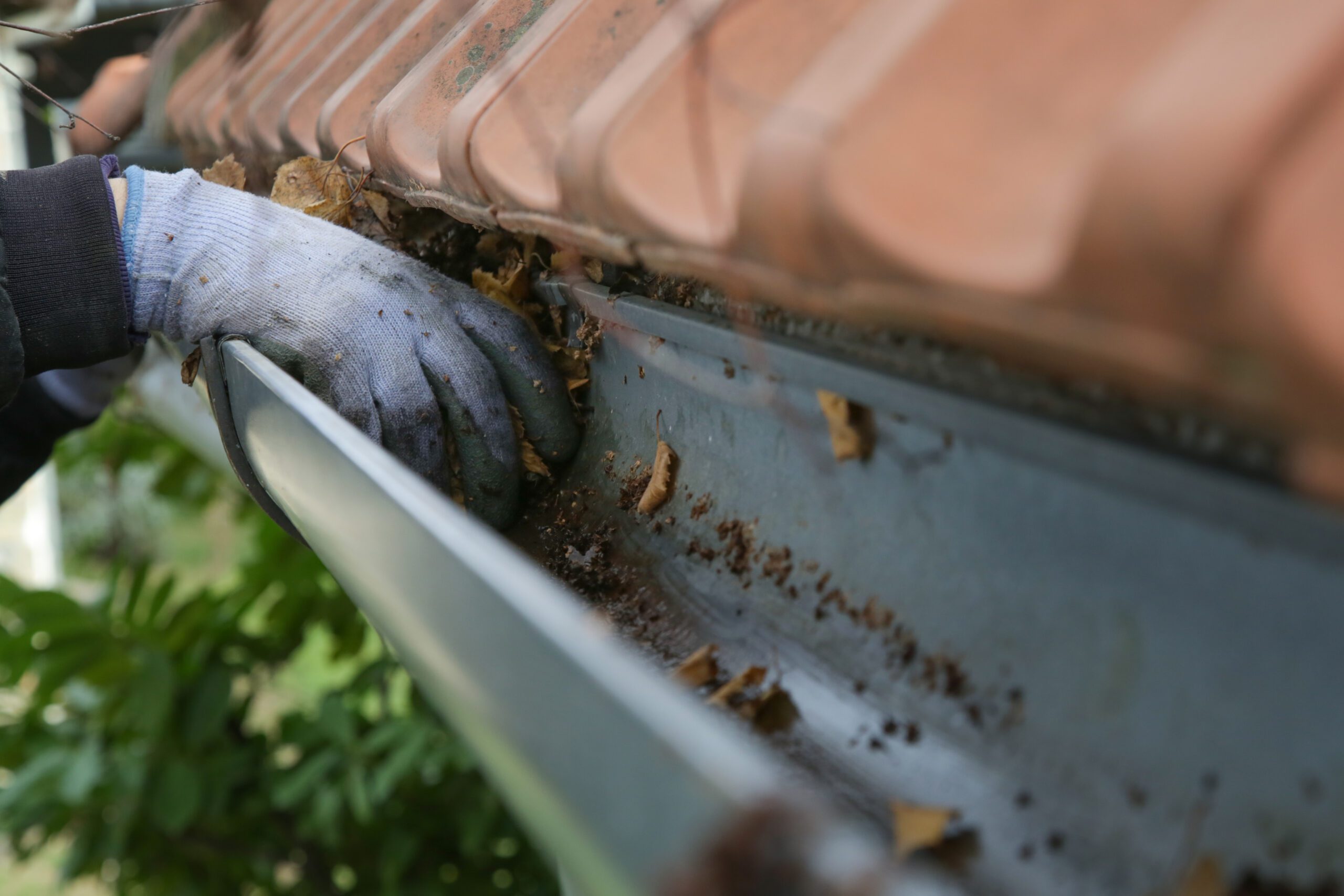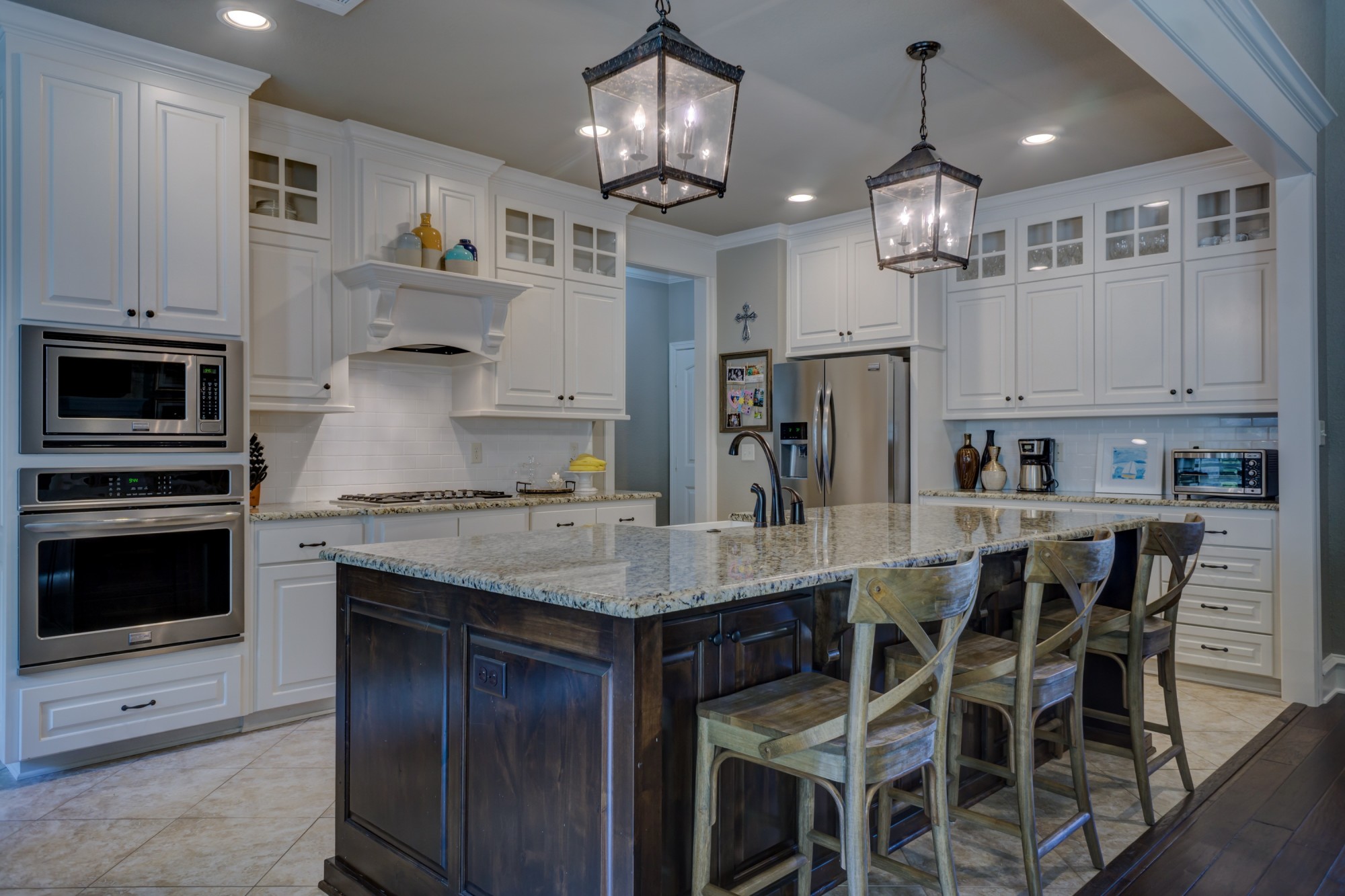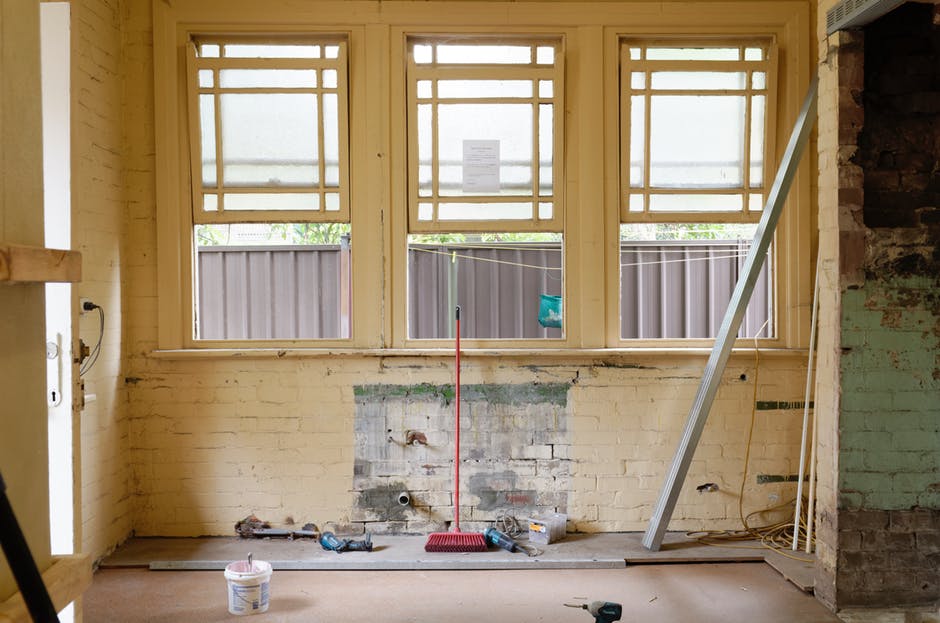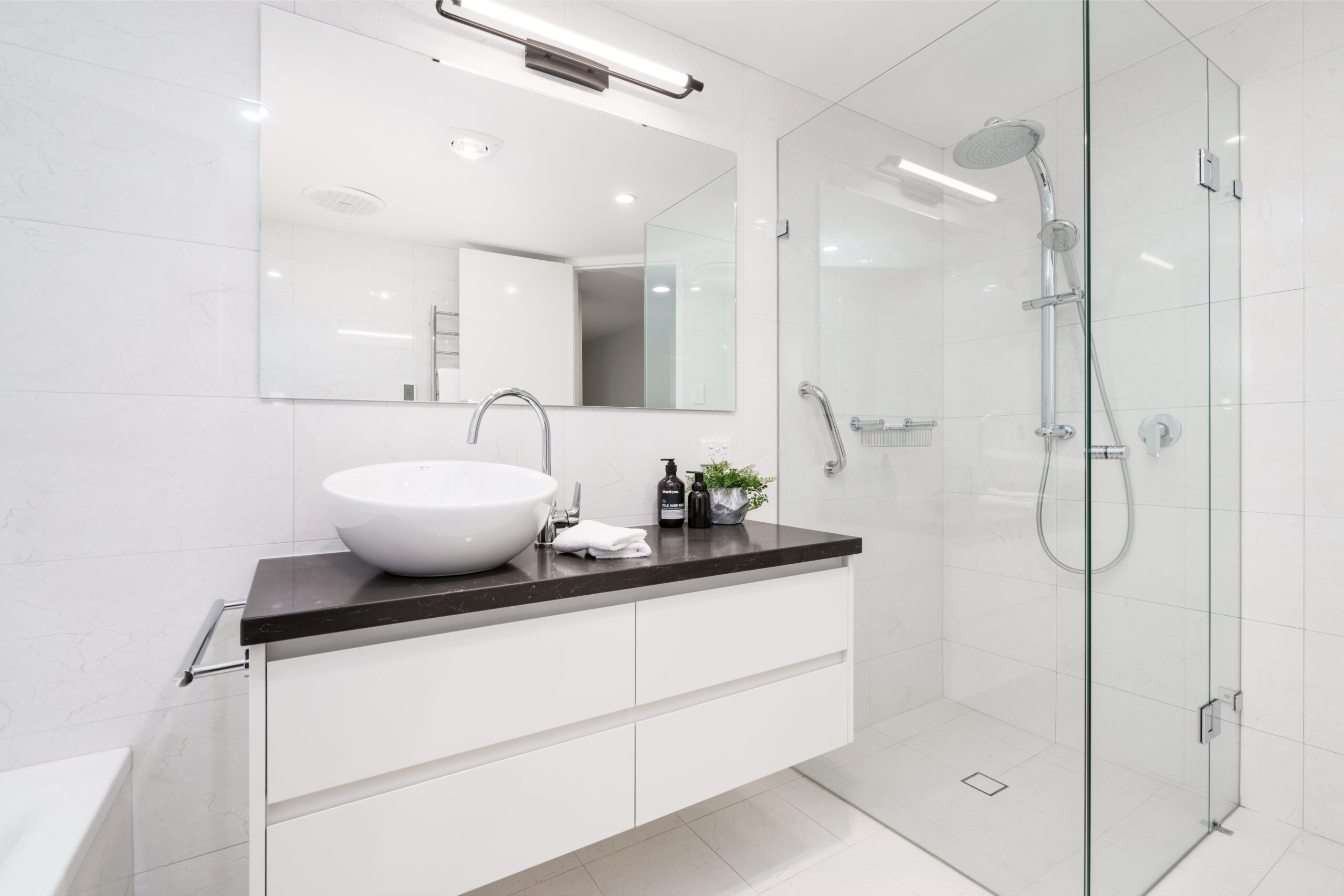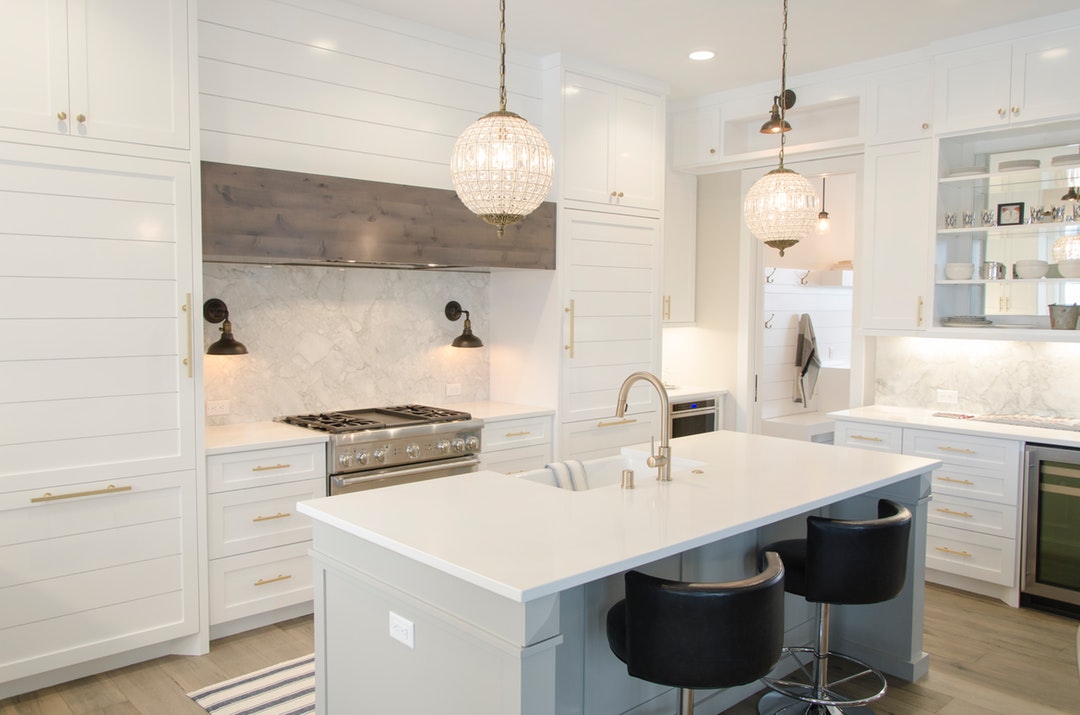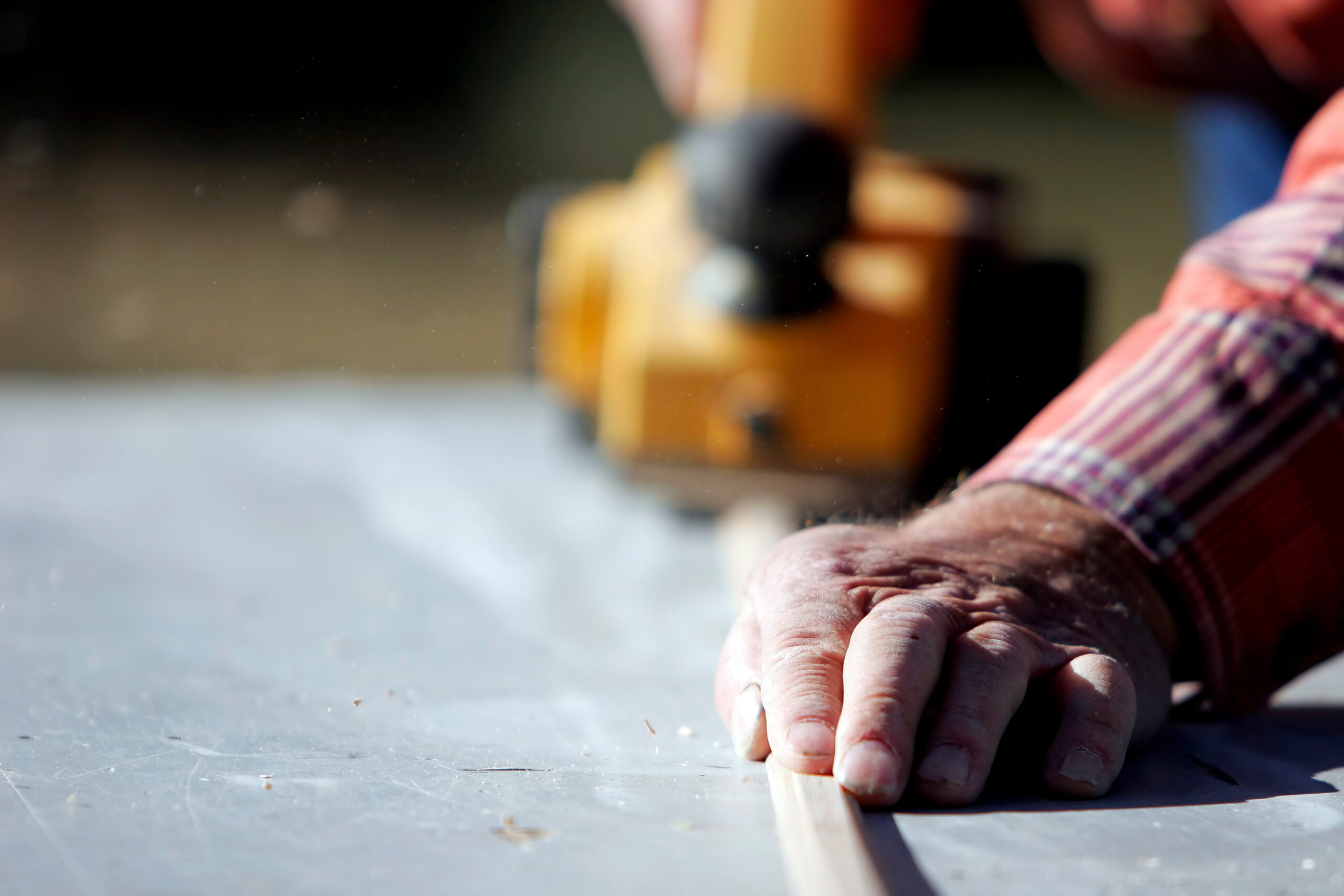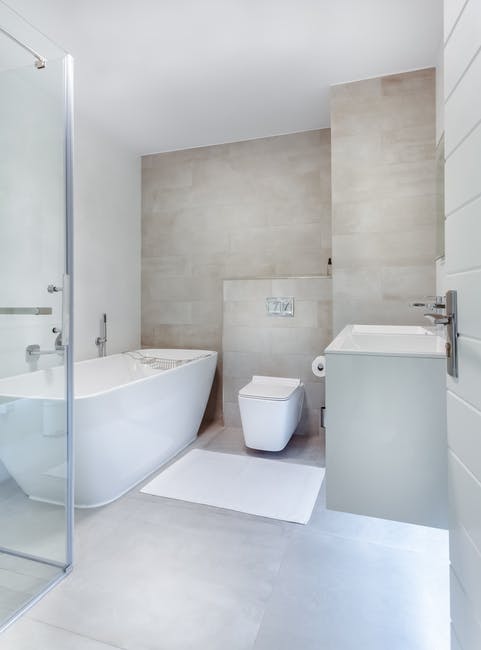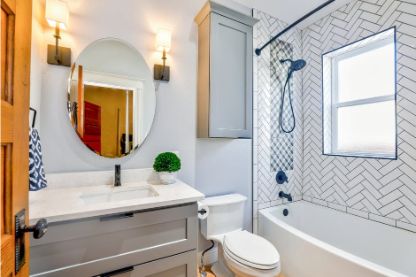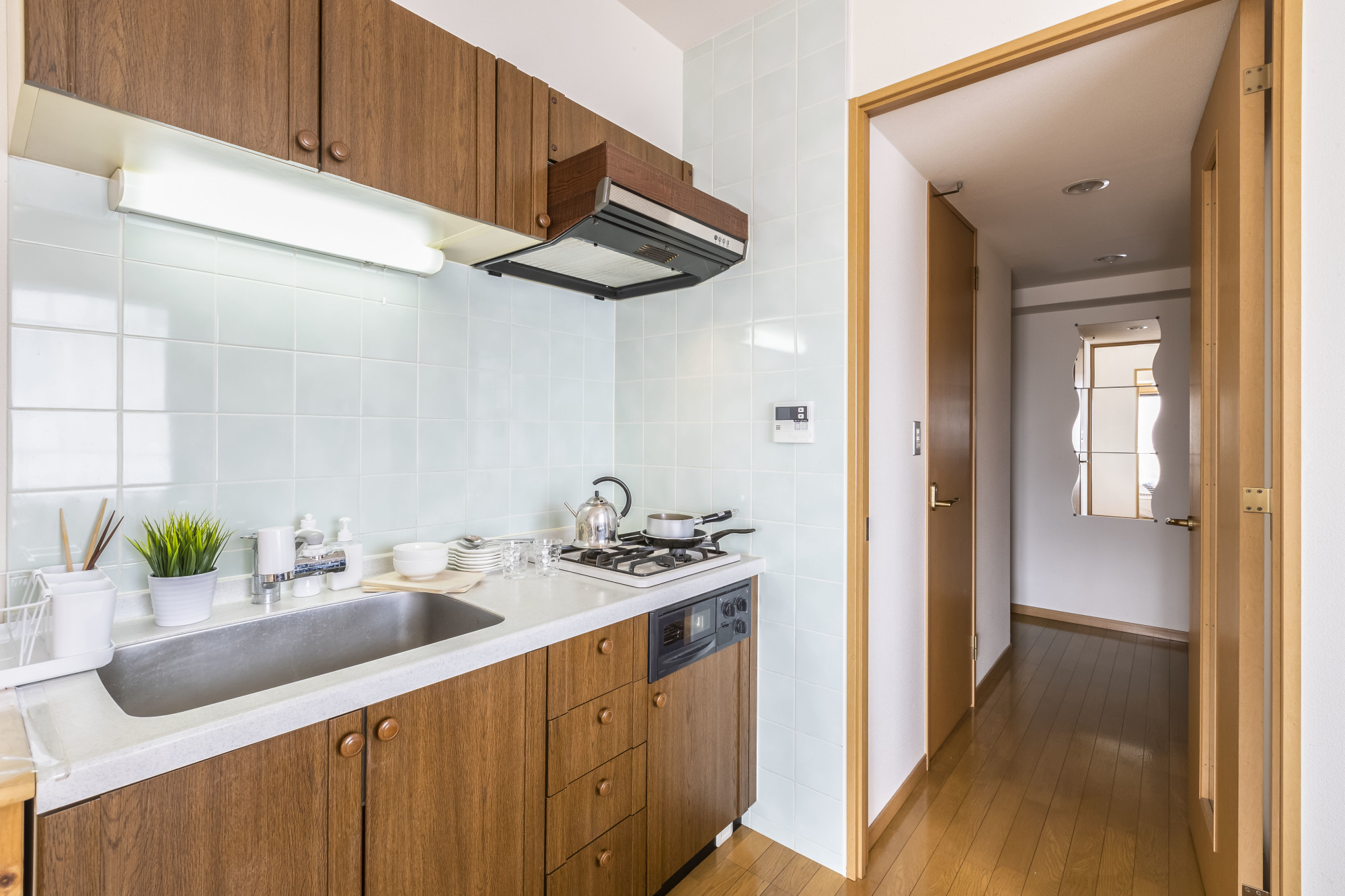Your home is your castle. You wouldn’t hire just anyone off the street to start hammering away or dismantle areas of your house.
Hiring a contractor is an investment in your home. It’s important you spend your money wisely on home improvement projects.
Make sure you know who you’re doing business with. These are ten questions to ask a contractor to ensure your home project will receive the best quality.
1. Are You Licensed?
Before proceeding with a job, make sure the contractor you hire is licensed. Unfortunately, unlicensed contractors are common and hiring one can create a headache of legal issues for both parties involved.
Even though it’s against the law, people cut corners by hiring unlicensed contractors because they cost less. If caught, they can face fines or jail time. A property owner can be held liable if injuries take place, even if they didn’t realize the contractor was unlicensed.
Furthermore, an unlicensed contractor is under no legal obligation to complete a job satisfactory to building codes which could compromise the quality of work or your home’s safety.
2. Are You Insured?
Typically if a contractor is licensed they’ll have proper insurance. Regardless, you should still inquire about the type of insurance coverage provided before starting a job.
Liability insurance will cover accidental damage. This is important for protecting your property to ensure you won’t be responsible for paying for any damage that’s not your fault.
Also, confirm a prospective contractor has workers’ compensation. For example, if a contractor accidentally falls off a ladder and gets injured this would protect you from legal fees or medical expenses even though it happened on your property.
3. What Is Your Experience?
Not all contractors are the same. While all should be able to take on straightforward tasks, some contractors may have a specialty in certain areas compared to others. This could range from plumbing to roofing.
An important question to ask a general contractor is how long they’ve been in business. Everyone has to start somewhere so don’t immediately discredit them if it’s only been a short while.
More importantly, make sure your job is applicable to their experience and something they’re comfortable with. Ideally, they’ll have had similar projects before. Ask about these previous jobs to gauge their knowledge and understanding of the tasks you’ll need to be completed.
4. How Will Payment Work?
Don’t let a contractor begin until you establish how payment will work. Will you pay upfront? Afterward? Are there financing options?
Figure out whether a contractor accepts cash, check, credit, or a different form of payment. Using a credit card can protect if the work ends up being unsatisfactory as you can contact your bank to protest the charge.
You may either be charged hourly or a flat rate. Make sure this is specified beforehand so a contractor doesn’t deviate from the assigned job and charge you for work you didn’t agree to.
5. Will You Pull Required Permits?
Determine if your project requires a permit. If it’s simple tasks like patching holes or fixing a leaky faucet then you’re okay. If it involves significant structural work such as roofing a house, replacing an HVAC system, or removing a wall then a permit is needed.
A contractor should pull all necessary permits. It’s possible for a homeowner to do this, but it can create legal complications and compromise your protection against the quality of work received. A licensed, reputable contractor should always be the one pulling permits since they’re performing the work.
Unpermitted work is illegal and can impact your home insurance rates if caught.
6. Do You Have References?
As you gather your construction interview questions, ask for references. Better yet, specifically ask for ones that had projects similar to the type of job you’re requesting.
A contractor may appear professional from surface level, but the end result could tell a much different story. An honest candidate should have nothing to hide and no issue providing a list of past clients.
Two or three should suffice, no need to go calling every single client a contractor’s ever had. Ask each reference about the quality of work received and if they were satisfied with the end result.
7. What Is the Projected Timeline?
This is especially important if the job requires extensive work and remodeling. Each contractor works at a different pace. We all want it completed as soon as possible, but rushing a job could compromise the quality of work.
Verify each task and confirm how long it will take with the understanding that schedules can fluctuate. If a contractor is charging you hourly make sure an agreement’s in place on how long the job will take.
It’s best to write this down for formal documentation in the unforeseen event a job takes longer or shorter than anticipated.
8. How Many Workers Will Be Involved?
Certain jobs may require more than one person on your property to help assist a hired contractor. Clarify beforehand if other contractors will be involved with your job.
Anyone working alongside your contractor should also be licensed and covered by insurance. Just because the contractor you hired is properly credentialed doesn’t mean everyone else is.
This is also for safety reasons as anyone living on the property should be aware if multiple contractors will be on site in addition to the one hired.
9. Are There Warranty Options?
Ideally, the job you hire a contractor for should have no issues in the aftermath. Unfortunately, there are situations where work quality is subpar or installed materials end up failing.
This is where warranties come in. Warranties will vary among contractors depending on the type of job, but at the very least should be one year. This means if an issue arises that’s not your fault, the contractor should repair it free of charge.
Always have a warranty in writing. Many times installed materials have manufacturer warranties that default to the contractor if they’re licensed with that company.
10. Do They Have Any Questions For You?
After you respectfully ask your questions to a prospective contractor, allow them the opportunity to return the favor. This shows respect and can help them better understand the job.
Offer any insight you can and be honest if you don’t know an answer off the top of your head. Make sure they have all the resources they’ll need to successfully complete the job.
Understanding Questions To Ask a Contractor
Ultimately, the list goes on. While these are important questions, a homeowner should ask questions that make them feel secure and confident they’ll receive the best quality of work.
Don’t feel pressured to hire a contractor if you’re not fully ready. Do your due diligence by interviewing multiple candidates and compare estimates.
Thinking about making that upgrade to your home that’s been on your to-do list? Schedule an appointment with one of our general contractors to see how we can help!





